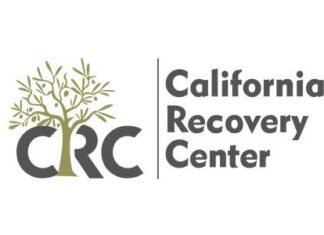On the outside, Hope Noble, a sophomore at Cedarville University in Ohio, seems like any other 18-year-old woman. Inside, and unseen, she has cyclothymia, a form of bipolar disorder.
A National Institutes of Health website defines bipolar disorder as a brain disorder causing unusual, severe shifts in mood, energy, and activity levels affecting the ability to carry out day-to-day tasks. It’s a lifelong disorder with no known cure. Bipolar disorder is often referred to as manic-depressive illness.
“In eighth grade, I became really depressed and started cutting myself and self-injuring,” said Noble in a telephone interview. “There was no reason for it. I started blaming God, and myself, for feeling bad about nothing. It was really confusing. I felt like I’d done something wrong, but couldn’t figure out what it could be.”
She began having “awful” mood swings, fights with her parents about “anything,” and had no one to really talk to about it. She had suicidal thoughts, and, unknown to her parents, actually tried committing suicide. Her outlet to relieve her depression was self-injury, i.e., she would cut her arms and legs with a razor blade to calm herself. In junior year, her boyfriend pushed hard for her to talk to her parents, which she did. But they weren’t able to grasp the severity of her problem.
“A year went by after I told my parents,” she said. “Then I was at a place where I couldn’t take it anymore. I talked to a psychiatrist, who diagnosed me with cyclothymia and put me on medication.”
The medication definitely helped, she said. Her mood swings from hypomania to depression have become much more manageable. Just knowing what she has helps, she said, because she can “do research on my own and understand what triggers my emotions and what others are going through. Knowing helps a lot.”
Given she has a hidden disability, not many people ask. Sometimes she tells people. So far, no one at her Christian college has rejected her because of her disability. She said, “They know it’s a problem for me that affects my life a lot. They are there for me and don’t think I’m a bad person.”
Her advice: “Educate yourself about it to understand what’s going on. Try to figure out what triggers your emotions and learn how to express those emotions without hurting yourself or others.”
(21+ years strong)
Welcome to the brighter side!
Get in front of local customers! 24/7 (365)





















